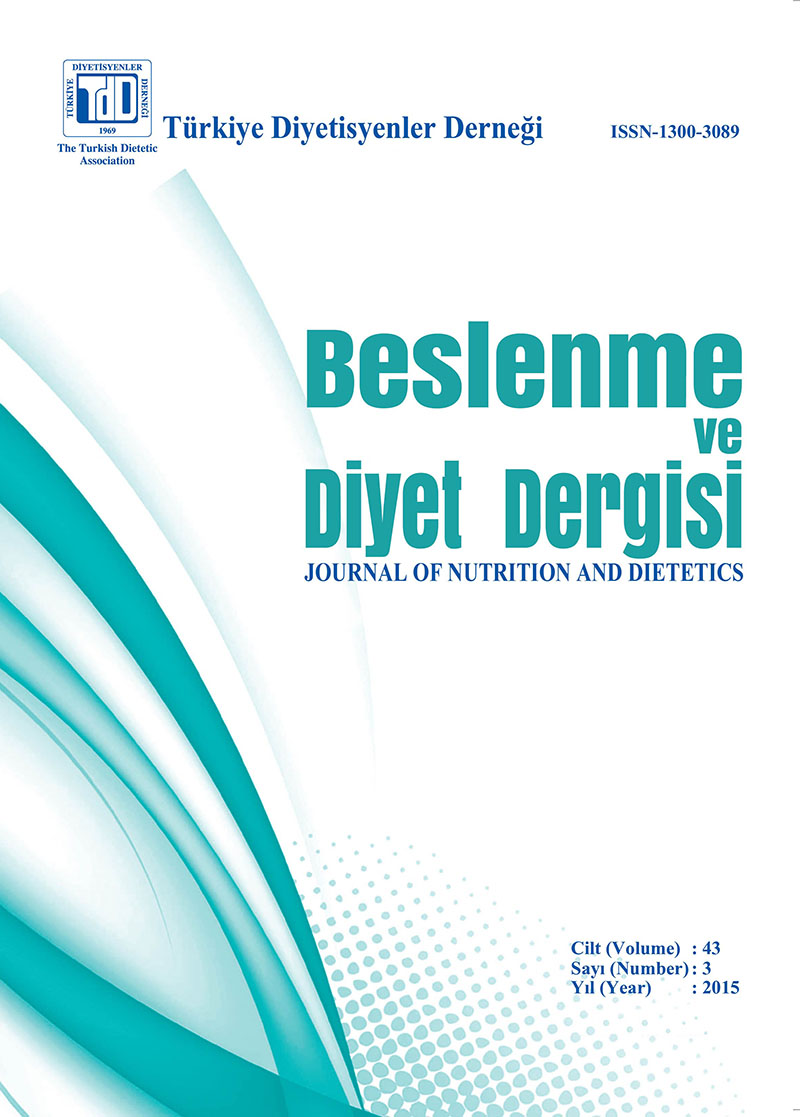Artichoke as a Functional Food: Potential Health Effects
Keywords:
Artichoke, functional foods, healthAbstract
Artichoke grows in the Meditarrenean area and belongs to Astracea familia which is also known as Compositae familia. It is known that artichoke has been used as a therapeutic plant since 4th century. Artichoke species are commonly consumed in Meditarrenean diet and the head of artichoke species composed of fresh leaves and receptacle, are rich sources of phenolics, inulin, fiber, vitamin and minerals. The main phenolics of artichoke are sinnamic acid derivatives which include caffeic acid, cynarin, 1,5-O-dicafeoylquinic acid and 3,4-O-1,5-O-dicafeoylquinic acid, the main flavonoids of artichoke are apigenin, lutelolin and glycosidic derivatives of them. The studies on artichoke have been shown that artichoke has potential health effects such as cholesterol lowering, hepatoprotective, dyspeptic, choleretic, antioxidative, anticarcinogenic, prebiotic/probiotic and blood glucose lowering effects related with its nutrient and phytochemical composition. The studies on artichoke and potential health effects are mostly conducted with artichoke extracts or specific phytochemicals of artichoke. Moreover, there is not enough data about artichoke consumption amount and frequency in our country. Thus, it is important to design studies related with dietary artichoke consumption and health effects to improve dietary recommendations of artichoke. To sum up, more epidemiological and experimental studies are needed related with this issue.

